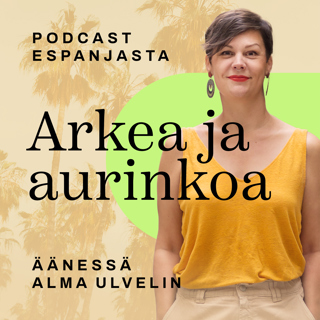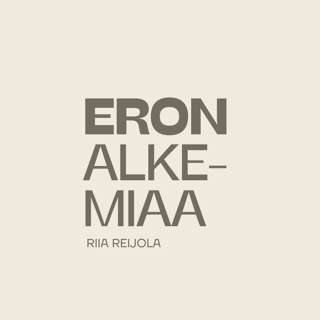
031 The Lord Is Come?
The Lord Is Come? Hosted by Simplecast, an AdsWizz company. See pcm.adswizz.com for information about our collection and use of personal data for advertising.
15 Joulu 20064min

024 Who Versus That
Who Versus That Hosted by Simplecast, an AdsWizz company. See pcm.adswizz.com for information about our collection and use of personal data for advertising.
4 Marras 20063min

021 Proofreading Tips
Proofreading Tips Hosted by Simplecast, an AdsWizz company. See pcm.adswizz.com for information about our collection and use of personal data for advertising.
20 Loka 20067min

165 Abbreviations, Acronyms, And Initialisms
Abbreviations, Acronyms, And Initialisms Hosted by Simplecast, an AdsWizz company. See pcm.adswizz.com for information about our collection and use of personal data for advertising.
10 Loka 20064min

Excessive Redundant Redundancies
Excessive Redundant Redundancies Hosted by Simplecast, an AdsWizz company. See pcm.adswizz.com for information about our collection and use of personal data for advertising.
8 Loka 20065min

015 Title Capitalization Rules
Title Capitalization Rules Hosted by Simplecast, an AdsWizz company. See pcm.adswizz.com for information about our collection and use of personal data for advertising.
24 Syys 20065min

11 Grammar Style Issues
Grammar Style Issues Hosted by Simplecast, an AdsWizz company. See pcm.adswizz.com for information about our collection and use of personal data for advertising.
7 Syys 20063min





















